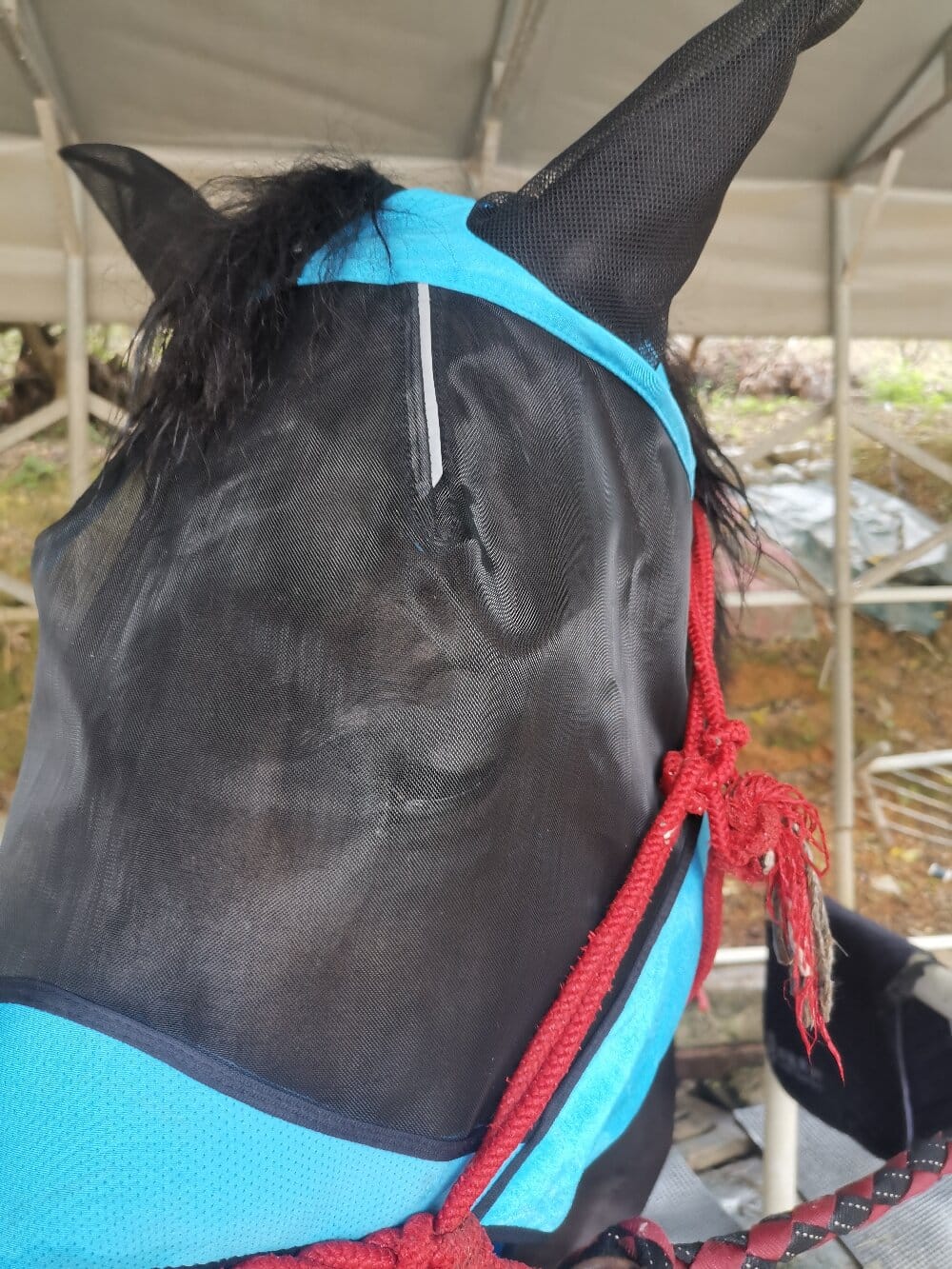A horse fly mask is an essential piece of protective gear designed to shield horses from irritating and potentially harmful insects. Flies, mosquitoes, and other pests can cause discomfort, stress, and even health issues for horses, making fly masks a critical tool for equine care. These masks are crafted from lightweight, breathable materials and often feature UV protection, ensuring both comfort and safety for horses during turnout or training sessions.
How a Horse Fly Mask Enhances Equine Welfare
Fly masks serve multiple purposes beyond just keeping insects at bay. They help prevent eye infections, reduce allergic reactions, and minimize distractions caused by persistent pests. Horses wearing fly masks are less likely to rub their faces against fences or trees, reducing the risk of injuries. Additionally, many modern designs incorporate extended nose covers or ear protection, offering comprehensive defense against a variety of environmental irritants.
Key Features to Look for in a Quality Fly Mask
When selecting a horse fly mask, consider the following features to ensure optimal performance and comfort:
- Breathable Fabric: Mesh materials allow airflow while blocking insects.
- UV Protection: Shields sensitive eyes from harmful sun rays.
- Adjustable Fit: Elastic straps or hook-and-loop closures prevent slipping.
- Durability: Reinforced stitching and tear-resistant fabrics extend lifespan.
- Extended Coverage: Options with nose flaps or ear nets provide added protection.
Industry Insights: Trends in Fly Mask Design
The equine industry has seen significant advancements in fly mask technology. Manufacturers now prioritize eco-friendly materials, such as recycled polyester, and incorporate reflective elements for better visibility in low-light conditions. Custom-fit designs, tailored to different horse breeds, are also gaining popularity. Furthermore, smart fly masks with embedded sensors to monitor eye health or environmental conditions are emerging as innovative solutions for proactive horse care.
Choosing the Right Fly Mask for Your Horse
Selecting the appropriate horse fly mask depends on factors like climate, activity level, and individual horse needs. For hot, sunny regions, a mask with UV protection is ideal, while areas with heavy insect populations may require extended coverage. Regular cleaning and inspection for wear and tear are essential to maintain effectiveness. Consulting with a veterinarian or equine specialist can help determine the best option for specific conditions.
Conclusion
A horse fly mask is more than just a seasonal accessory—it’s a vital tool for ensuring equine comfort and health. By understanding the features, benefits, and industry trends, horse owners can make informed decisions to protect their animals from pests and environmental stressors. Investing in a high-quality fly mask not only enhances a horse’s quality of life but also contributes to long-term well-being.

